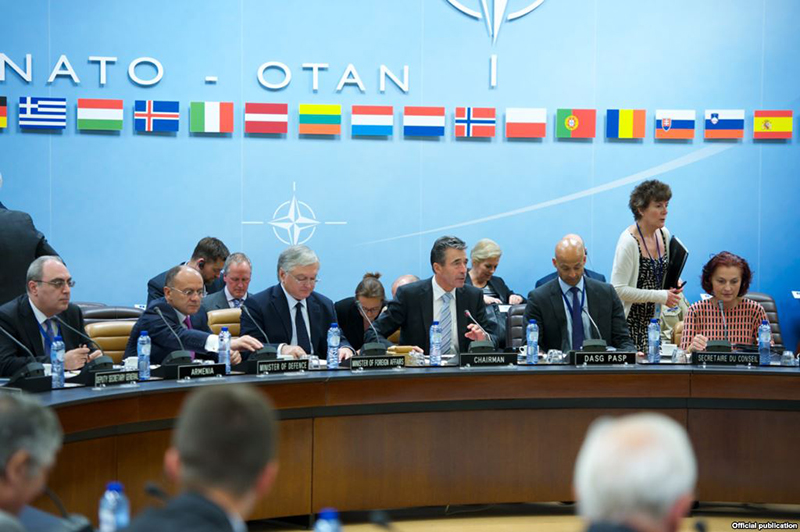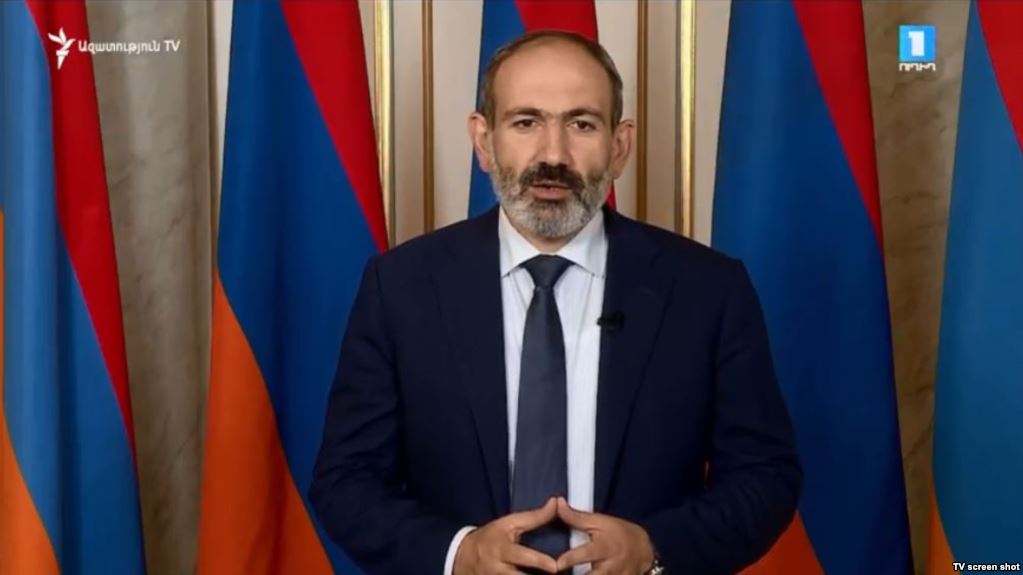Armenian-American organizations have already started formulating their expectations from the White House and the State Department, hoping that they will be much closely involved and actively pursuing policies related to the issues surrounding the event in Artsakh (Nagorno Karabagh), to ensure the security of the local people and their right to self-determination in the face of Azerbaijani aggression.
Newly-appointed Secretary of State Antony Blinken, during his confirmation hearings in front of the Senate Foreign Relations Committee, made some noteworthy statements indicating that the United States will be leaving the “America First” foreign policy of the previous administration behind, and pursue an active and constructive role in the ongoing conflicts in different parts of the world.
In written answers to questions submitted by pro-Armenian U.S. Senator Robert Menendez, Blinken stated that the Administration will reinvigorate U.S. engagement to find a permanent settlement to the Artsakh conflict that protects the security of Artsakh. “I look forward to working with Congress and the Secretary of Defense to determine the appropriate level of assistance to meet the security needs of Armenia and the region”, he said. Blinken’s statements reflect Joe Biden’s position during the recent war when he criticized Trump’s passive policy on Artsakh.
Armenian-Americans are also demanding an increase in economic assistance to Armenia and Artsakh to meet the humanitarian needs multiplied by the war. In recent years, the assistance provided to Armenia and Artsakh within the scope of foreign aid has reached its minimum. It is expected that the new administration, working with the Congress, will review and assist the Armenian government’s efforts to strengthen the democratic institutions of the country.
During the 44 day military operations, the Turkish factor played a decisive role in the outcome of the war. Without Turkey’s involvement and active participation, Azerbaijan would hardly have been able to achieve its goals. The current US policy towards Turkey and its president must be thoroughly reviewed. For the past four years, the close relationship between former President Donald Trump and his Turkish counterpart Recep Tayyip Erdogan, has given a “green light” to Ankara to intervene militarily and escalate tensions across many continents, from the Mediterranean to the Caucasus and the Arab world. These have been compounded by the Turkish president’s inclination toward dictatorial rule in recent years, with the arrest and imprisonment of his political opponents, intellectuals, journalists, and the closure of independent media outlets.
In an interview with the New York Times more than a year ago, Joe Biden spoke of democratically overthrowing Erdogan’s government by supporting opposition parties. As president, Biden must take actions to put those words into practice, starting with economic sanctions that will cripple the Turkish economy already in crisis, and force Erdogan to stop his aggressive policies, particularly in the Caucasus region.
As for the issue of the Armenian Genocide, it is expected that President Biden will reaffirm his commitment to recognize the Genocide and to follow the example of the House of Representatives and the Senate in his upcoming April 24 presidential statement.
In the last presidential election, the majority of Armenian-Americans voted for Joe Biden, believing in his abilities and sincerity. We now expect him to pay close attention to the issues and expectations of Armenian-Americans.
“MASSIS”











1 comment
You were deceived by Obama and you will be deceived by Biden. I sincerely want to be wrong.